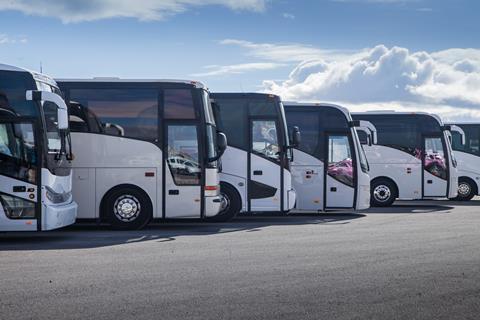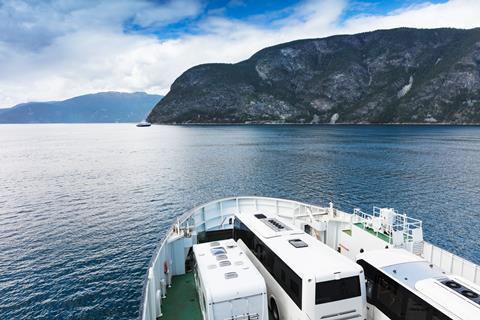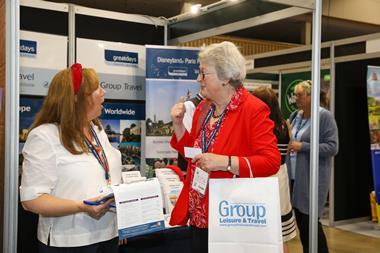The Confederation of Passenger Transport (CPT) has been working on behalf of operators to ensure that coaches aren’t delayed before boarding ferries or trains when the new border checks are in force.

UK coach passengers will need to provide biometric data and reboard ‘sealed coaches’ at Dover and Folkestone terminals as new EU border checks come into effect for travel to Europe’s Schengen Zone.
In Folkestone, similarly, passengers will need to alight from vehicles and re-board before coaches are loaded onto LeShuttle trains.
Under the new scheme, all UK citizens and non-EU or non-Schengen nationals will need to provide fingerprints and facial scans in order to visit countries in Europe’s Schengen Zone – the biggest overhaul of border regulations since Brexit.
“It’s in everybody’s interests that it goes smoothly, and that coaches aren’t delayed before boarding their ferries or trains.”
Gavin Miller, the Confederation of Passenger Transport
Working on behalf of Britain’s 2,500 coach operators, the Confederation of Passenger Transport has been liaising closely with authorities at the Port of Dover and with LeShuttle (formerly Eurotunnel) on a smooth uptake.
Important that changes “bed in” before peak winter season
More than 70,000 coaches pass through the Port of Dover annually; 12,000 go through the channel tunnel terminal at Folkestone.
For channel crossings from both Folkestone and Dover, EU border checks take place on British soil. The two entry points account for the overwhelming majority of all coach traffic between the UK and continental Europe – including school parties, tourist coaches, inter-city coaches and charters.

Gavin Miller, national operations manager at the Confederation of Passenger Transport, said: “Coach travel across the English Channel is an institution. Every day, dozens of coaches cross the border carrying school trips, tour parties, sports teams, shoppers and sightseers.”
Essential info for groups
For more information including what the Schengen Area is, cruise travel implications and future EU travel requirements, see our story about the EU Entry/Exit System here.
Gavin added: “A huge amount of work has gone into preparing for this change. It’s in everybody’s interests that it goes smoothly, and that coaches aren’t delayed before boarding their ferries or trains.
“It’s important that these changes bed in before the peak winter season begins, when thousands of coaches will be travelling to the continent for Christmas markets and ski trips.
“We’re glad to have been liaising effectively with the port and immigration authorities to make these checks work smoothly and are pleased that there’ll be a phased implementation approach as this should help prevent any major delays.”
Coach Tourism Association advice
“To comply with the new European Union Entry/Exit System, the Coach Tourism Association advises its operator members to check requirements ahead of travel with the port of departure, and the ferry operator, or with Le Shuttle,” said Robert Shaw, CTA chairman.
He added: “So far, Port of Dover has opened a new bespoke coach facility for EES and border processing, and we await feedback from our members on the ease and efficiency of this system.”












